The rapid development of artificial intelligence (AI) is reshaping the entire media industry, from how content is produced to business models, bringing with it a host of ethical and structural challenges.
That was the comment of Indonesian Deputy Minister of Communications and Digital Technology Nezar Patria in a speech in Jakarta this weekend.
Mr. Nezar Patria acknowledged that AI can now combine text, images and sounds to create photos and videos so realistic that they are difficult to distinguish. He emphasized that this technology has changed the production system in corporations and has a profound impact on society, including journalism.
Indonesia's media industry was already under pressure from declining advertising revenue, changing consumer habits and a shift towards shorter, less in-depth content.
The Indonesian Press Council said at least 1,200 media workers have lost their jobs in 2023-2024, with major outlets such as Kompas TV, CNN Indonesia, Republika and TVRI continuing to cut staff.
Many long-standing newspapers were also forced to close, such as Harian Republika (2022), Koran Tempo (2020), Suara Pembaruan (2021) and Koran SINDO (2023).
The difficulties are compounded when 80% of the total advertising spending of 71.5 trillion rupiah (about 4.3 billion USD) in 2024 "flows into the pockets" of technology "giants" Google and Meta (USA), according to the Association of Network Media (AMSI). This puts local publishers in a miserable situation.
Deputy Secretary Nezar pointed to two main challenges. First, social media platforms completely dominate readership, weakening the direct link between newspapers and the public. He said that in the print era, readers were emotionally attached to the newspaper. Now, platforms dictate distribution, reducing direct interaction.
Second, AI can now summarize and even write entire news stories. Reporters only need to collect raw data, and AI can process the rest into complete articles. Mr. Patria also emphasized the risk of copyright infringement and increasing “information chaos” as the line between truth and falsehood becomes increasingly blurred.
To adapt, Deputy Minister Patria cited typical international examples such as the New York Times restructuring into a technology company, tightly controlling content; many global publishers also formed alliances to clearly distinguish human-written news from AI-generated content, and at the same time block AI from mining their data.
Still, Mr. Nezar asserted that journalism still retains its core advantage, which is the discipline of verifying information - something that machines cannot replace. “Only professional journalists, dedicated to accuracy and truth, can carry out serious verification,” he stressed.
Hoping that the journalism industry can adapt to this wave of change, Mr. Nezar said the Indonesian Government has now prepared a national roadmap on AI, aiming to use technology ethically and responsibly./.
Source: https://www.vietnamplus.vn/su-phat-trien-nhanh-cua-ai-dang-dinh-hinh-lai-nganh-truyen-thong-post1064581.vnp



![[Photo] Binh Trieu 1 Bridge has been completed, raised by 1.1m, and will open to traffic at the end of November.](https://vphoto.vietnam.vn/thumb/1200x675/vietnam/resource/IMAGE/2025/10/2/a6549e2a3b5848a1ba76a1ded6141fae)






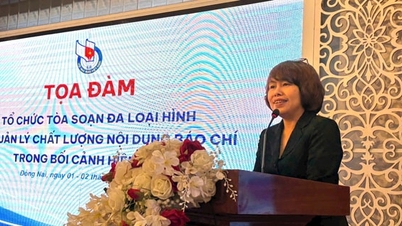








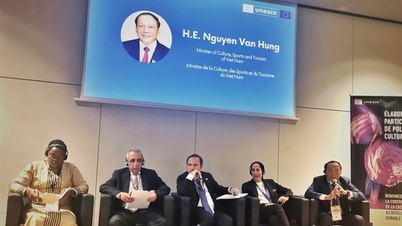



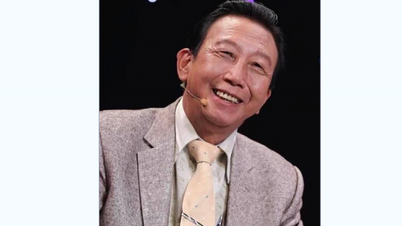

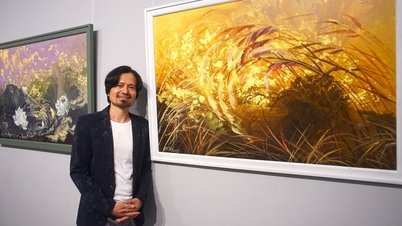

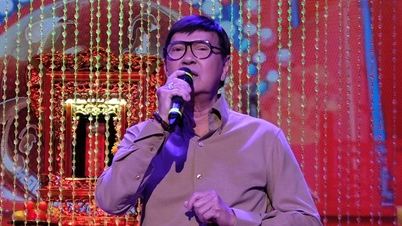






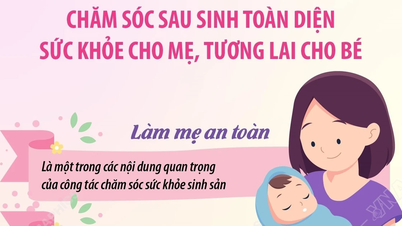

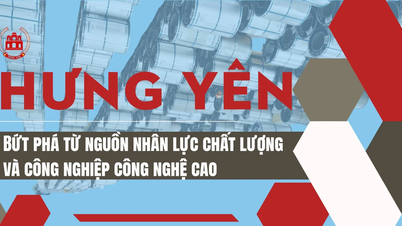
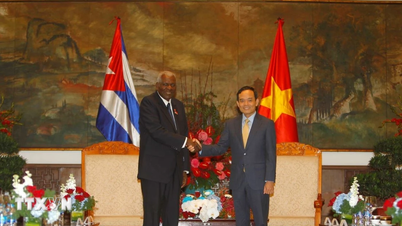
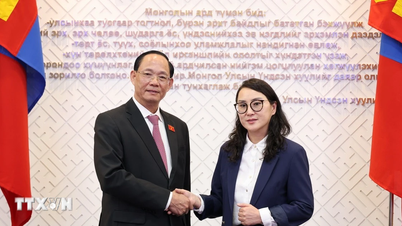
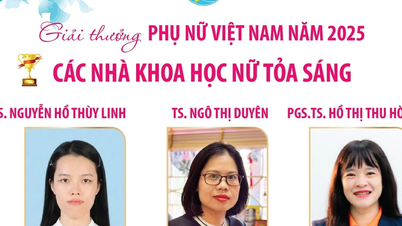





























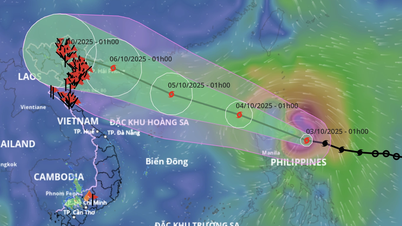
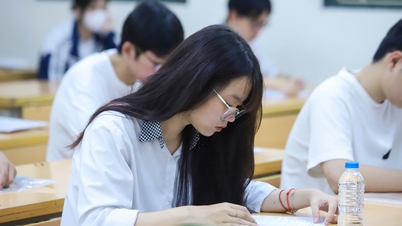






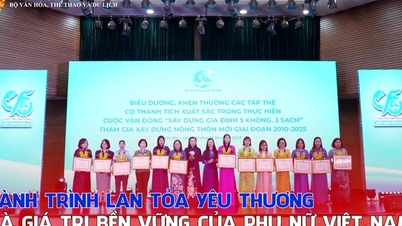








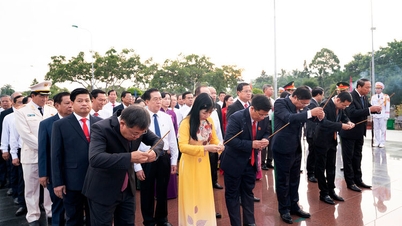



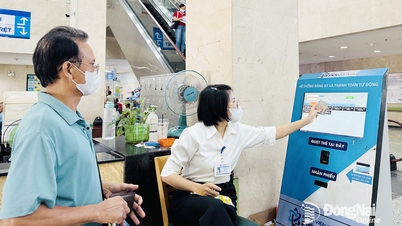



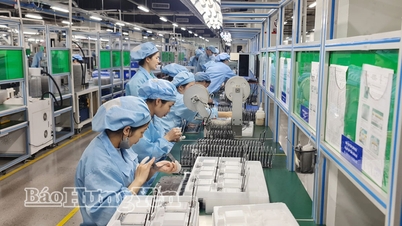














Comment (0)